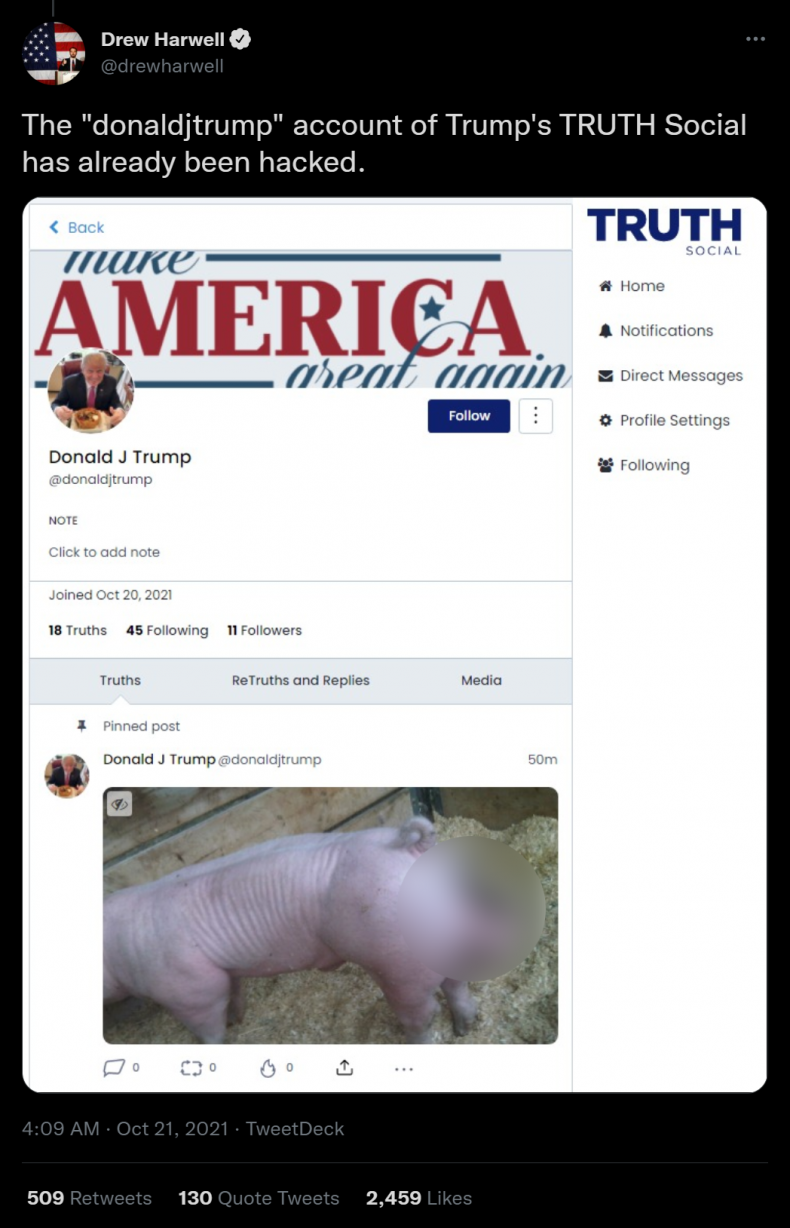Presidential news conferences have long been a critical component of how the American public and media gauge the performance and priorities of any administration. These events provide a direct line of communication between the President and the press, allowing for transparency and accountability. However, the nature of these interactions has evolved significantly over time, particularly during the Trump presidency, where the relationship between the White House and the press often became contentious.
Throughout his term, former President Donald Trump frequently engaged in high-profile exchanges with reporters, sometimes using these moments to make bold claims or redirect focus. His approach to handling questions from the press was often scrutinized, as it highlighted a broader tension between the administration's messaging and the media's role in seeking truth. This dynamic set the stage for numerous memorable encounters, including instances where Trump's statements about various topics, such as market performance, were challenged by reporters.
Press Interaction Dynamics Under Scrutiny
During the early days of the Trump Administration, the White House adopted a selective approach when it came to engaging with reporters. Unlike previous administrations, there were periods when the President chose not to take questions from journalists after making public remarks. This decision sparked debate about the level of transparency expected from a democratic government. Critics argued that bypassing traditional question-and-answer sessions undermined the principles of open dialogue and accountability.
In contrast, Ivanka Trump faced her own challenges when interacting with the press. At a Coffee with Ivanka event held outside Philadelphia, she opted to ignore reporters' inquiries regarding allegations of assault made against her father. Her decision to sidestep these sensitive topics illustrated the complexities surrounding family members of political figures who engage with the public while maintaining a degree of separation from controversial issues.
This pattern of selective engagement extended beyond Ivanka, reflecting a broader strategy within the Trump administration to manage media interactions carefully. By controlling which questions were addressed and under what circumstances, the administration sought to maintain narrative control amidst intense scrutiny.
Economic Claims Under Fire
Donald Trump's commitment to participating in debates and addressing pressing matters like tariffs also came under examination. During one instance, he reiterated his intention to participate in a September 10 debate against Vice President Kamala Harris, despite earlier reservations. In this same session, lasting over an hour, Trump once again propagated false claims related to January 6 events. Such assertions further complicated efforts to establish clear facts amidst swirling misinformation.
Moreover, senior Trump press aides occasionally refused to respond to certain journalists based on perceived biases reflected in their email signatures. This practice underscored the administration's willingness to challenge established norms of journalistic integrity by questioning the credibility of specific reporters before even engaging with their queries.
These tactics contributed to an environment where economic topics, such as tariff promises affecting global markets, remained shrouded in uncertainty. When President Trump declared that nothing could deter planned tariffs against Canada, Mexico, and China, financial markets reacted nervously, highlighting the interplay between presidential rhetoric and investor confidence.
Market Performance Amidst Presidential Assertions
As President Trump touted ethanol production benefits during a visit to Iowa, scientists began raising concerns about its environmental impact. While addressing farmers affected by trade wars, Trump emphasized positive developments tied to biofuels. Yet, behind closed doors, internal reports suggested otherwise, casting doubt on whether these initiatives truly aligned with stated climate goals.
A notable exchange occurred when a reporter asked Trump about declining stock markets. Instead of directly addressing the issue, he deflected by claiming ignorance due to being occupied elsewhere. This tactic exemplified his preference for shifting attention away from unfavorable data points towards more favorable narratives crafted by his administration.
Ultimately, these episodes demonstrated how complex the interaction between presidential communications and market realities could become. Whether discussing agricultural policies or international trade relations, each statement carried implications far beyond immediate headlines, influencing both domestic sentiment and global economic perceptions alike.

